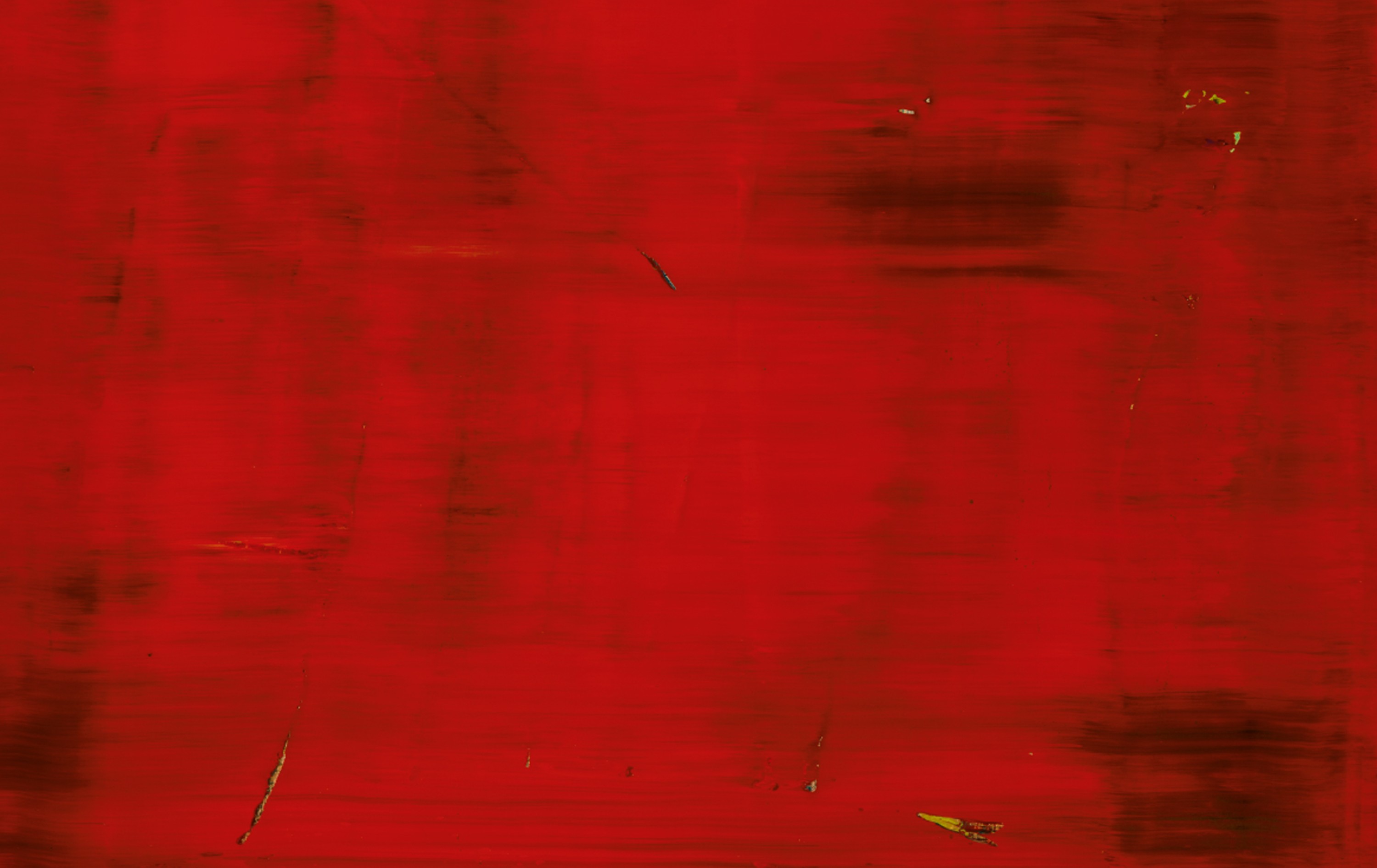
Nieuwe publicatie: "Logic of Experimentation"
Nieuws 24 oktober 2018Rethinking Music Performance through Artistic Research (Paulo de Assis)
Het Orpheus Instituut is verheugd om de laatste publicatie in de outputreeks van de MusicExperiment21 onderzoeksgroep (geleid door Paulo de Assis) te lanceren. Het boek "Logic of Experimentation" (Paulo de Assis) is deel van de Orpheus Institute Series en is beschikbaar via Open Access.
Image: Gerhard Richter, Abstract Painting 748-3, oil on canvas, 112 × 102 cm (1991) © Gerhard Richter Archiv, Dresden.
Het boek is gepubliceerd bij Leuven University Press en is beschikbaar via Open Access en in print.

Logic of Experimentation
Rethinking Music Performance through Artistic Research
(Paulo de Assis)
Logic of Experimentation offers several innovative and groundbreaking perspectives on music performance, music ontology, research methodologies, and ethics of performance. It proposes new modes of thinking and exposing past musical works to contemporary audiences, arguing for a new kind of performer, emancipated from authoritative texts and traditions, whose creativity is propelled by intensive research and inventive imagination. Moving beyond the work concept, this book presents a new image of musical works, based upon the notions of strata, assemblage, and diagram, advancing innovative practice-based methodologies that integrate archival and musicological research into the creative process leading to a performance. This volume appropriates concepts for music performance from post-structural philosophy, psychoanalytical theory, science and technology studies, epistemology, and semiotics, showing how transdisciplinarity is central to artistic research. An indispensable contribution to artistic research in music, Logic of Experimentation is compelling reading for music performers, composers, musicologists, philosophers, and artistic researchers alike.
With support from
The research leading to these results has received funding from the European Research Council under the European Union's Seventh Framework Programme (FP7/2007-2013) / ERC grant agreement n° 313419.


